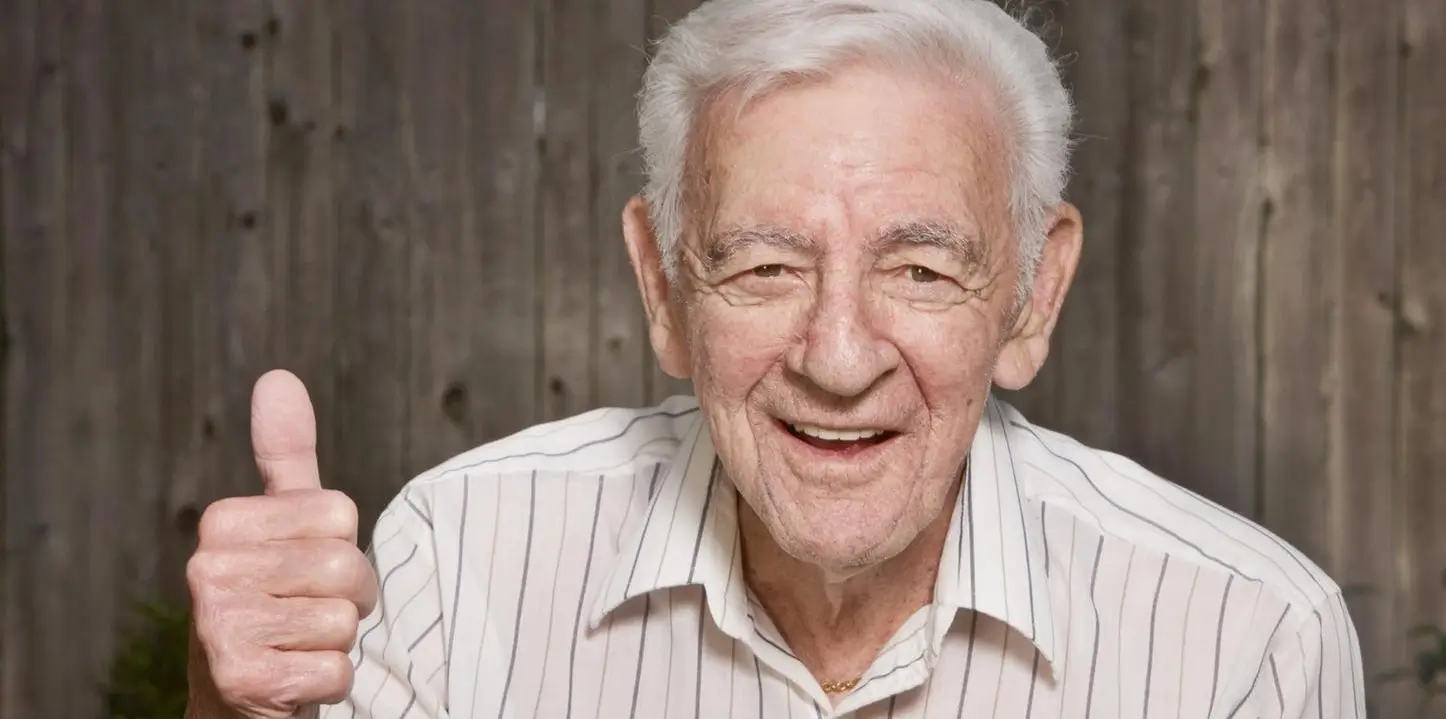“Grief has no timeline. Supporting a senior loved one through loss means offering patience, love, and a listening ear.”
Grief is a natural yet profoundly personal experience, and for seniors, the loss of a spouse, sibling, or close friend can be particularly challenging. As we age, we encounter multiple losses—not just of people but also of routines, roles, and independence. Understanding how to manage grief effectively is essential for maintaining overall well-being.
The Unique Challenges of Senior Grief
Older adults face grief differently than younger individuals due to several factors:
- Increased Loneliness: According to Statistics Canada, 24% of seniors aged 65+ live alone, making social isolation a significant concern after losing a loved one.
- Compounded Losses: Seniors often experience multiple losses within a short period, intensifying grief.
- Health Impacts: Studies show that prolonged grief can lead to an increased risk of heart disease, weakened immune response, and cognitive decline.
- Loss of Identity and Purpose: The death of a spouse or close friend may cause seniors to feel a loss of purpose, especially if they were a caregiver.
Evidence-Based Coping Strategies for Senior Grief
Grieving is a highly individualized process, but research highlights several ways seniors can manage grief effectively:
1. Acknowledge and Express Emotions
- Talking about feelings helps prevent grief from turning into prolonged depression.
- Journaling can provide an outlet for emotions and memories.
- Support groups provide a safe space to share and hear others’ experiences.
2. Stay Connected
- Regular social interaction is crucial. A study in The Journals of Gerontology found that seniors with strong social ties experience lower levels of depression and anxiety.
- Joining senior centers, faith-based groups, or online communities can help reduce feelings of isolation.
3. Maintain Physical Health
- Exercise: Moderate exercise, such as walking or yoga, releases endorphins, which improve mood.
- Nutrition: A balanced diet of Omega-3s, lean proteins, and fruits supports brain and heart health.
- Sleep: Poor sleep is common in grieving seniors, but establishing a bedtime routine and reducing screen time before bed can improve rest.
4. Engage in Meaningful Activities
- Volunteering provides a sense of purpose and connection.
- Pursuing hobbies like gardening, painting, or reading can bring joy and structure to daily life.
- Caring for a pet has been shown to reduce stress and loneliness in older adults.
5. Seek Professional Support When Needed
- Grief counselling can provide tools to process emotions healthily.
- Cognitive Behavioral Therapy (CBT) has been effective in reducing prolonged grief disorder.
- Helplines and online resources offer immediate support for seniors in distress.
The Role of Family and Caregivers
Family members and caregivers play a crucial role in helping seniors navigate grief. Here’s how they can offer support:
- Be a Compassionate Listener: Encourage open conversations without rushing the grieving process.
- Help with Daily Tasks: Assisting with errands, meal preparation, or doctor’s appointments can alleviate stress.
- Encourage Routine and Engagement: Helping seniors establish daily routines can provide structure and stability.
Healing at Their Own Pace
Grief is not something seniors “get over” but rather something they learn to live with. Healing happens gradually, and finding new ways to embrace life after loss is a personal journey. By focusing on social connection, self-care, and emotional expression, seniors can navigate grief while still finding moments of joy and fulfillment.
Compassion Senior Care: Here to Support You
At Compassion Senior Care, we understand the difficulties that come with loss. Our caregivers offer companionship, emotional support, and assistance with daily tasks to help seniors through their grief journey. If you or a loved one needs support, contact us today. 💙












